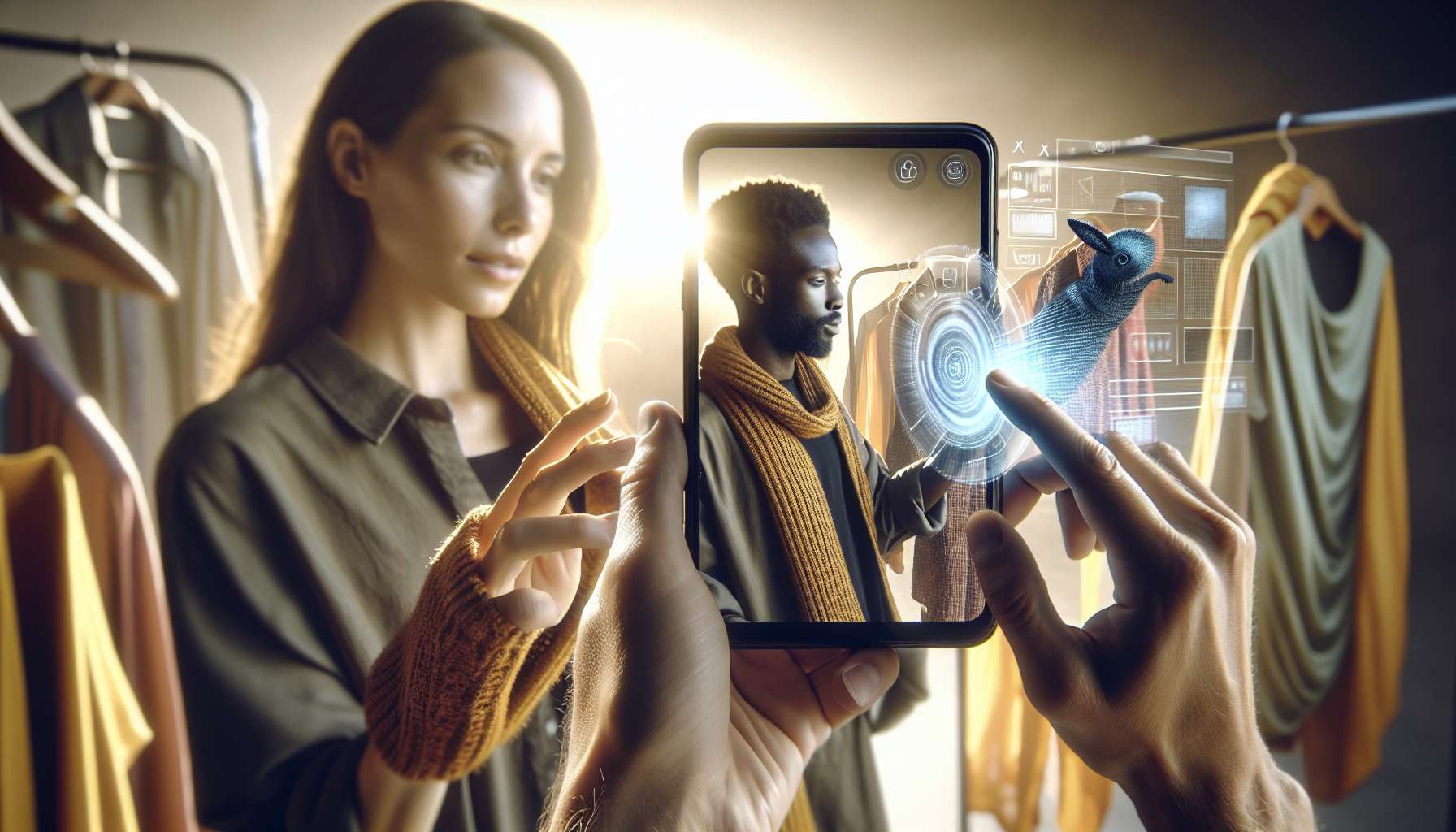The Power of Augmented Reality in B2B E-commerce
As technology continues to advance at an unprecedented pace, businesses are constantly seeking innovative ways to enhance their online presence and improve customer experiences. One such technology that has gained significant attention in recent years is augmented reality (AR). With its ability to bridge the digital gap, AR is revolutionizing the world of B2B e-commerce, transforming the way businesses interact with their customers and boosting sales like never before.
What is Augmented Reality?
Before we delve into the impact of AR on B2B e-commerce, let’s first understand what augmented reality is. Augmented reality is a technology that overlays digital information, such as images, videos, or 3D models, onto the real world. By using a smartphone, tablet, or AR glasses, users can experience a blend of the physical and digital realms, creating an immersive and interactive experience.
Enhancing B2B Online Shopping Experiences
Traditionally, B2B e-commerce has been a rather impersonal and transactional process. However, with the integration of AR, businesses can now provide their customers with a more engaging and personalized online shopping experience. Here’s how AR is transforming B2B online shopping:
- Product Visualization: AR allows B2B customers to visualize products in a real-world context, eliminating the need for physical samples or prototypes. By simply scanning a QR code or using an AR app, customers can see how a product will look and fit in their own environment, making informed purchasing decisions.
- Virtual Showrooms: With AR, businesses can create virtual showrooms that replicate the physical experience of browsing through products. Customers can explore a wide range of products, view detailed specifications, and even interact with 3D models, all from the comfort of their own office or home.
- Remote Collaboration: AR enables real-time collaboration between businesses and their customers, regardless of geographical location. Through AR-powered video calls, businesses can guide customers through product demonstrations, provide expert advice, and address any concerns, fostering stronger relationships and boosting customer satisfaction.
- Customization and Personalization: AR empowers B2B customers to customize and personalize products according to their specific requirements. Whether it’s configuring complex machinery or designing custom-made products, AR allows customers to visualize and make changes in real-time, ensuring a seamless and tailored experience.
Real-World Success Stories
The impact of AR on B2B e-commerce is not just theoretical; it has already proven to be a game-changer for many businesses. Let’s take a look at a few real-world success stories:
- Home Furnishing Industry: Companies like IKEA have implemented AR solutions that allow customers to virtually place furniture in their homes before making a purchase. This has not only increased customer confidence but also reduced return rates significantly.
- Manufacturing Sector: AR has revolutionized the way manufacturers train their employees. By overlaying step-by-step instructions and visual cues onto real-world equipment, AR has streamlined training processes, reduced errors, and improved overall productivity.
- Medical Device Industry: AR has been instrumental in assisting healthcare professionals during complex surgeries. By providing real-time visualizations and guidance, AR has improved surgical precision, reduced risks, and ultimately saved lives.
The Future of AR in B2B E-commerce
The potential of AR in B2B e-commerce is vast and continues to expand. As technology evolves, we can expect to see even more exciting developments in this space. Here are a few future possibilities:
- AR-powered Virtual Reality: The integration of AR and virtual reality (VR) can create fully immersive experiences, allowing B2B customers to explore products and environments in a more interactive and realistic manner.
- Artificial Intelligence Integration: By combining AR with artificial intelligence (AI), businesses can provide personalized recommendations, predictive analytics, and even virtual assistants to enhance the overall customer experience.
- AR in Supply Chain Management: AR can play a crucial role in optimizing supply chain operations by providing real-time inventory tracking, warehouse management, and logistics visualization, leading to improved efficiency and cost savings.
As we witness the e-commerce evolution, it’s clear that AR is transforming the B2B landscape, offering businesses new opportunities to engage with their customers and drive growth. By embracing this technology, businesses can stay ahead of the curve, deliver exceptional experiences, and unlock the full potential of B2B e-commerce.





